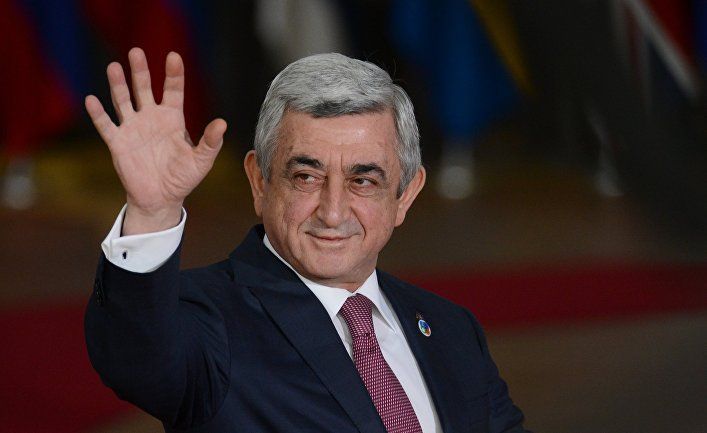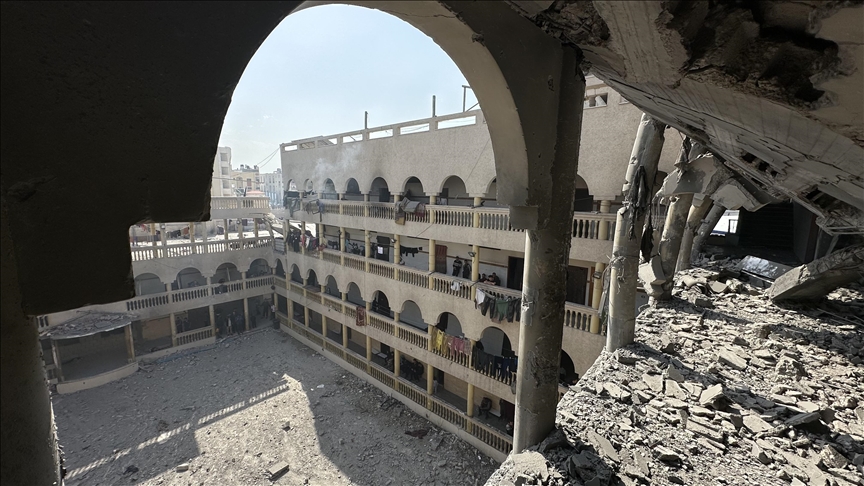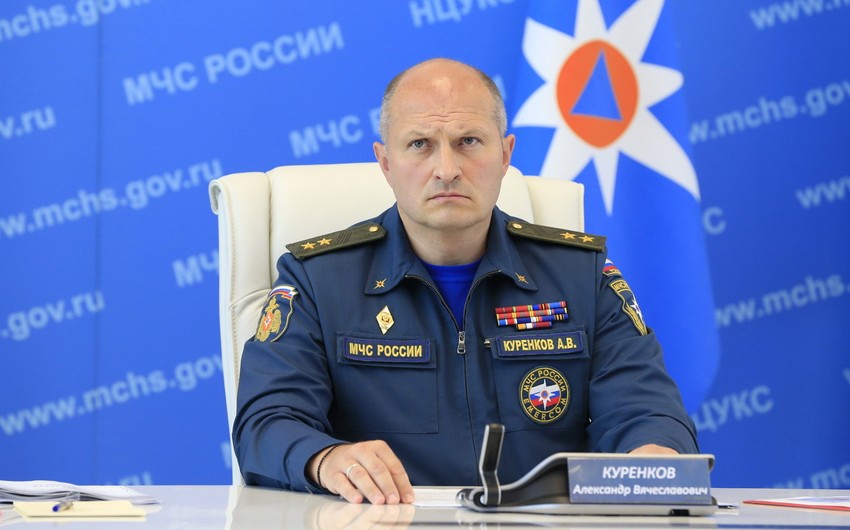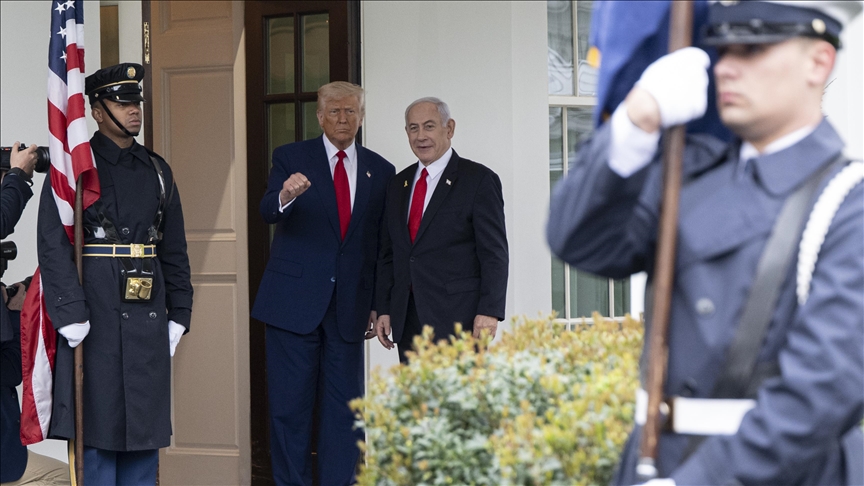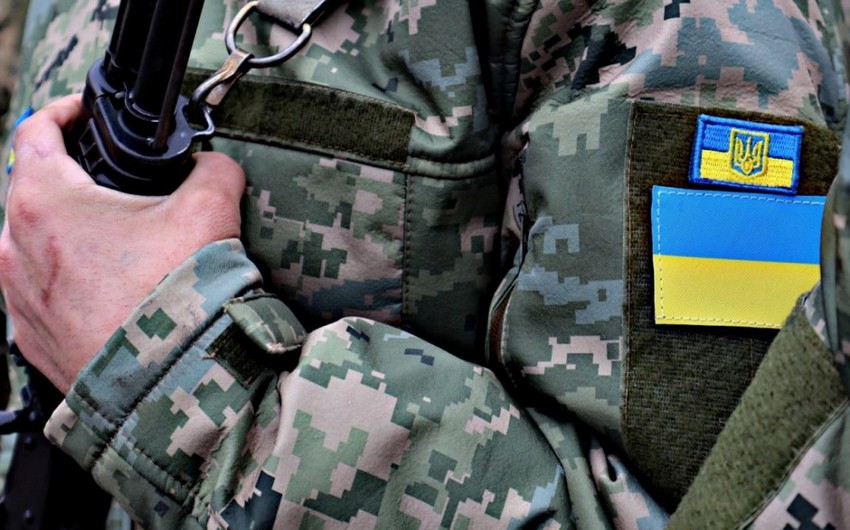Serzh Sargsyan's unexpected resignation as a Prime Minister clouded the political situation in Armenia. Russian politician and historian Oleg Kuznetsov commented on the future development of this process for Eurasia Diary.
.JPG)
Oleg Kuznetsov
Political analyst and historian
The voluntary resignation of Serzh Sargsyan from the Prime Minister position of Armenia will remain the main political trend not only for the South Caucasus, but also for the entire post-Soviet region and even for Europe for a while. Not many politicians, political scientists and public figures predicted such a scenario, most of them, including myself, believed that the ruling political regime in Yerevan would use weapons against the protesters, as it was more than once in previous years. As Sargsyan gave an order in 1992 to cynically kill civilians in Khojaly, it is expected that he will not stop before mass executions in Yerevan, especially as rumours circulated on social networks that he was sending armoured units from the army to Yerevan by reducing military forces in Nagorno-Karabakh.
Why did Serzh Sargsyan resign?
For a moment I have no doubt that Sargsyan's resignation forced the government to transfer a group of the military to the side of the protesters, which was written not only by the Armenian opposition, but also by the Russian and world press. And it is quite possible that the soldiers and officers who were transferred from the occupied region of Azerbaijan, Nagorno-Karabakh, affect protesters in Yerevan to keep them under control.
Nevertheless, even today we can say that a new historical era got started in Armenia. I should mention that when social media users on Russian-oriented Mail.ru commented on the news about the resignation of Serzh Sardsyan, they mostly wrote “how could this happen? Today Armenia is Serzh, Serzh is Armenia” and it is normal. Because Serzh Sargsyan was a personified embodiment of the political regime that existed in Armenia since November 1999, when as a result of the terrorist attack in the Parliament of the country, so-called “Karabakh clan” Kocheryan-Sargsyan came to power. It is a junta of former commanders of illegal armed groups of Armenian separatists in Nagorno-Karabakh.
His resignation is a new page in the Armenians’ history and the rule of this fascist regime is turned upside down. This event raises another question: what’s next? I see two possible scenarios for the development of the events.
What's next?
Option one is revolutionary. Serzh Sargsyan left his post under unprecedented pressure of the protesting people, which was very skilfully organized and controlled by the pro-American opposition. Taking into account of the economic stagnation in the country, this protest is quite natural. Therefore there is not any guarantee that after the resignation of Serzh Sargsyan the rallies in Yerevan will decline. The organizers of the protests and the external sponsors behind them now have in their hands an effective and perfectly functioning instrument of domestic political pressure. The rallies in Yerevan will not stop, but their slogans will change and they will demand the snap election. I am more than sure that the Armenian parliamentarians, once bent under the rally, will bend under it for the second time. And then the so-called "moment of truth" will appear, and we all will understand what particular external sponsor organized and paid for the change of power in Armenia.
The second option is constitutional, but unlikely. The rallies in Yerevan until the end of this week smoothly subside after the Armenian parliament elected Karen Karapetyan as the country's prime minister, the absolutely Russian creature and beneficiary of Gazprom. His candidacy fully corresponds to the interests of Russia, Azerbaijan and even Turkey, because among all the current Armenian politicians he is the most pragmatic, the least politicized, inclined to negotiations and not follower of any ideology. His personal statement at the top of the power in the country will directly depend on if he will agree with the leaders of the protesters in the next two weeks, to involve them in the coalition and giving them a rank. Very soon it will become clear to all of us whether he is really a super-professional top manager, as he is positioned by the official Armenian and Russian press, or not.
Area of interest
Today Armenia is the scene of a clash of geopolitically and even geo-strategic interests of Russia and the United States. Moreover, for the US, the overthrow of Sargsyan regime and the bringing to power of a pro-American politician who will remove the Russian military presence from the territory of Armenia will become a sort of spectacular and effective compensation for the loss of geo-strategic influence in the Near East. The coming to power of pro-American forces in Armenia will be a serious moral impact not only for Russia, but also for Iran. Do not forget that the US has the second largest embassy in Yerevan and their influence in this country is very high. So the prospect of the first scenario of events seems to me more likely than the second one.
Consequences for Russia and Azerbaijan
The entirely possible ousting of Russian influence from Armenia will objectively have two serious consequences for Russia's policy in the South Caucasus region. First, the influence of the Armenian lobby on the domestic political processes in Russia will be strongly weakened, and this may even provoke the withdrawal of the two main Armenian lobbyists, the main Russian Senator Valentina Matvienko and the current Foreign Minister Sergey Lavrov.
Secondly, Azerbaijan will remain the only country for Russia to have good-neighbourly relations, and the Kremlin will have no choice to be a friend in the South Caucasus. In this case, it is very likely that Moscow will sanction the military operation of Azerbaijan to liberate its occupied territories and destroy the separatist regime. Then the Moscow-Ankara-Baku triangle of regional security will be built, and the South Caucasus region will finally gain stability and security.
Which way will Armenia go?
As for the political forecasts Armenia will go either on a democratic, liberal way or maintain the former course and preserve the openly extremist ideology of tsigakron as a state ideology. Since the resignation of Serzh Sargsyan, only a couple of day has passed, and the situation in Armenia remains uncertain. The fact is that the democratization process of the country is started in Armenia. After that, a monument to the international terrorist Monte Melkonyan should be destroyed. If this does not happen, then it will be hard to talk about any changes in public life of Armenians. And then for the South Caucasus region, all existing problems will remain relevant and painful.
Conclusion
In conclusion, it should be noted that this is a very important aspect of the development of the situation in Armenia in the medium term: the chance of liberalizing the state ideology and the foreign policy course of this country remains in the current situation only if Armenia remains in the orbit of Russia's influence. If pro-American forces come to power in Yerevan, then the Armenian nationalism and Turko-phobia will increase. The US will use Armenia and so-called "Armenian issue", as the Soviet Union did during the Cold War, as an instrument of pressure on Turkey and the entire Turkic world to lobby its interests in the region of Central and Eastern Asia.
Relations between Turkey and the United States are now at a critical point. Official Ankara has removed all its gold reserves from the United States - 29 tons, in the past two years, President Erdogan has constantly accused Washington of threatening Turkey's state security, including through support for Kurdish groups that the Turkish authorities consider terrorist. Turkey today is the first contender for withdrawal from NATO, which will mark the beginning of the end of the transatlantic hegemony in the world, and to avoid this, American political technologists activate the notorious "Armenian question" that has fallen into lethargic sleep.

